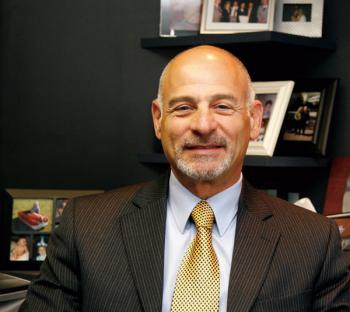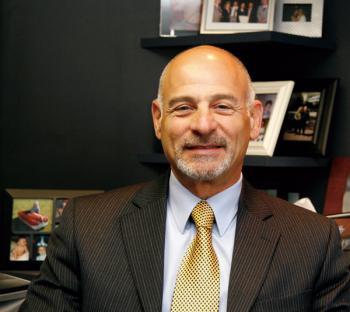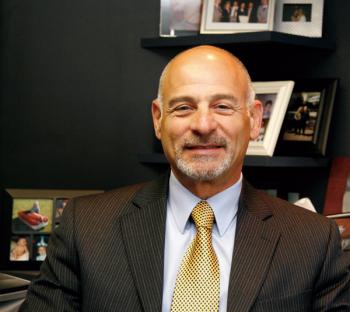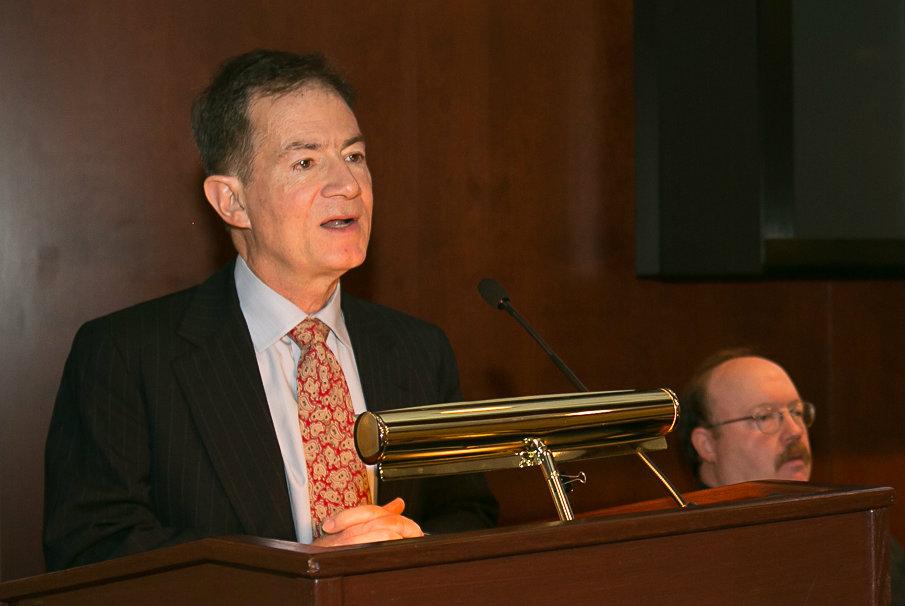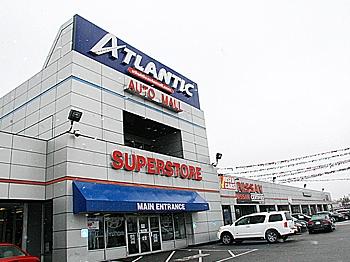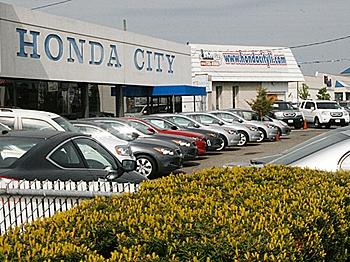Editor’s note:
To buy something as big as a house or a car, the last thing that one wants is to be taken advantage of. For those newly immigrated to America, this is even so, due to their language barrier.
Which car to buy? You decide. Which dealer to visit? We try to provide some useful information. From now on, the Epoch Times Auto Page will run a series featured articles —the interview of those dealership in Greater New York area, which are with the highest BBB Rating—“A+” and/or BBB Accredited. These can be the reference for those who are buying a car.
BBB (Better Business Bureau), founded in 1912, is not a government agency, but a private business franchise of local BBB organizations based in the United States and Canada, which work together through the Council of Better Business Bureaus (CBBB).
The goal of BBB is to foster a fair and effective marketplace, so that buyers and sellers can trust each other—“Start With Trust”.
NEW YORK—While the auto industry has been hit hard during the crisis, especially in the early of this year, if you were told by a dealership that the business was “Wonderfully Good”, what would be your first response? Do you think he is self suaving, or, stating the fact?
Let’s listen to The Tales of Two Marks, from Mark Lacher—the owner and Mark Harrington—the general manager, of Koeppel Nissan on Northern Blvd of Queens New York.
The Scenery on This Side is Not Bad
Mark Harrington worked in this dealership 20 years ago. Recently he came back from Philadelphia to the once familiar environment. “We almost 100% doubled last year’s President’s Day sale,” said Harrington, “Customers were saying like ‘I thought the economy is bad, but doesn’t seem like it’s bad in this show room’.”
